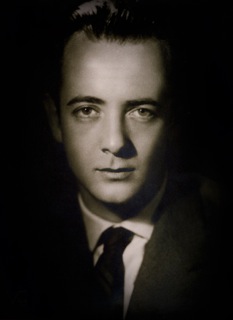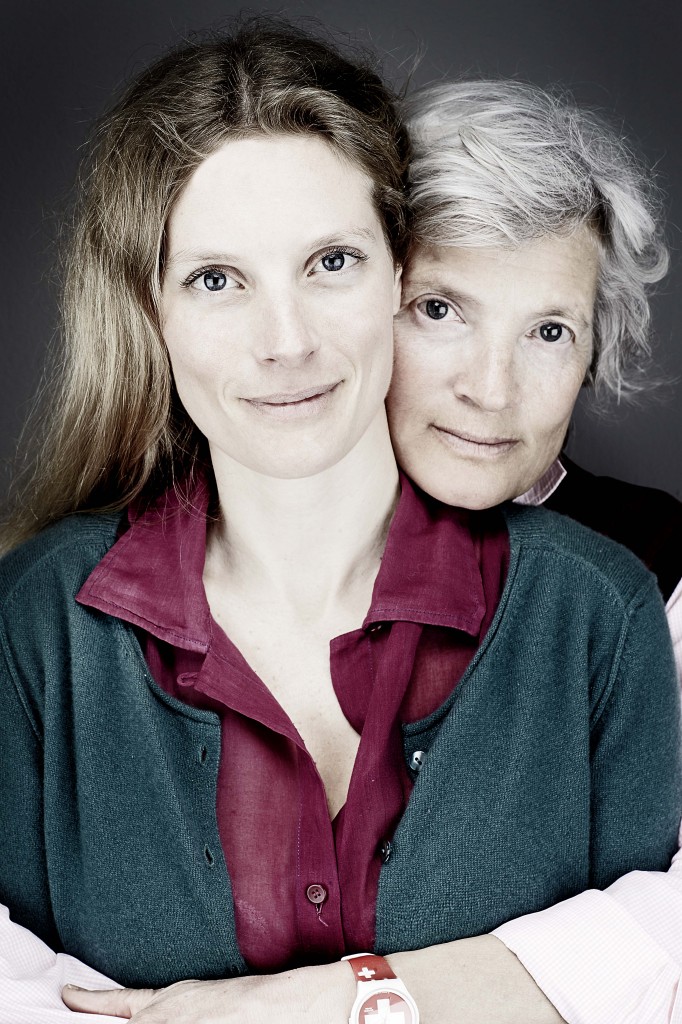



by Chiara Spagnoli Gabardi
Some people may be acquainted with Raimondo Lanza di Trabia, through the song “Vecchio Frac” by the Italian songwriter, Domenico Modugno: the dramatic ballad, about an elegant man in tailcoat who is walking at midnight through the deserted streets and at dawn he commits suicide. The song was truly inspired by the very suicide of Raimondo, who jumped from a window of Hotel Eden in Rome. But the alluring trait of this man, who was born at the beginning of the 20th century, was that as the illegitimate son of a prince he never conformed to norms. His aristocratic flair transpired in whatever he did, along with his forward-thinking.
The book ‘Mi Toccherà Ballare’ (I’ll Have To Dance), is a very delicate and thorough portrait of this eclectic man, with a million shades, written by his very descendants, who found the raw material to retrace the fascinating life of the nonconformist royal.
Raimonda Lanza di Trabia, who was named after her father, has always worn a ring that was passed onto her and enclosed a tiny a key. For years she looked for the lock to match it and with the help of her daughter, Ottavia Casagrande, she finally found it. The key opened an old suitcase of Raimondo, which contained correspondence and letters embracing the span of a lifetime.
The granddaughter of Raimondo, Ottavia Casagrande, in this Exclusive Interview unveils the story of her grandfather:
The way you found the letters almost seems a fictional tool to start your book…
It does, but amusingly enough it isn’t. The truth is that my mother and I had been making research and interviewing people for a very long time, way back in 2006. Therefore it was something we did in our spare time, almost as a mother-and-daughter game. Eventually we stumbled upon the suitcase – that my mother’s uncle, Galvano, bequeathed to her when he died in 1986 – in 2010, when a book by Marcello Sorgi was published on Raimondo. The author came to our house to interview us. But besides what was known to the public, we didn’t know much more. My mother had never met her father and the encounter with this journalist, who was writing a book about him, triggered her urge to dig into Raimondo’s past. So she tried opening the suitcase and a whole new world unveiled.

What revelation struck you the most, amongst the letters you found?
His childhood wasn’t that blithe and serene: he left his home and found himself surrounded by people he didn’t know. Many wondered about his death, since all the ones who met him were enchanted by his lust for life. For example Susanna Agnelli (who had known him well), always told my mother and I that she would have never expected him to commit suicide. The chronicles of the time rumoured he might have been murdered, since it was a mystery from which floor he jumped, but since no one had reason to kill him it was easier to think it was suicide.
Besides his death, the letters you found cover 40 years of his life…
Much more than that. They begin in 1903 when Madda, his mother (Maddalena Papadopoli Aldobrandini), marries and leaves Venice, and she writes to her sister Vera about her affair with Raimondo’s father (Giuseppe Lanza di Banciforte, Prince of Scordia). This obviously occurs before Raimondo is born, but it is all documented in these epistles.
Did you discover a different Raimondo through these letters?
We found a lot about his childhood in Palermo. When Giuseppe was Secretary of Vittorio Emanuele Orlando in Versailles, the entire family (Raimondo included) followed him. We discovered all about Raimondo’s early wanderings, to Milano for example, and that his father lived in a separate house in Rome, when he was member of parliament. All these small details were unknown. We also discovered about Raimondo’s first love, Magdalene, it’s all in the letters, just as the fact he liked women with strong personalities.
How was it to write this book with your mother?
If it weren’t for her I would have never written it. She was adamant in committing to this project. I imagine it meant the world to her because she never met her father and wanted to know him somehow. We read the letters separately and then discussed them together, as you would do of people that you know closely. Then I wrote the first draft. But the entire research was done together.
…and your research occurred betwixt Italy and America…
It was rumoured that Raimondo worked for the Secret Services. We found a false passport in the suitcase. You got the feeling Raimondo was somehow involved, since his brother Galvano played the role of interpreter during the armistice of September 3rd 1943 (made public on September 8th), and also because Giacomo Carboni was chief of the Military Intelligence Service in Italy (SIM: Servizio Informazioni Militare), when Raimondo was his attendant. But that was all we knew, so we went to the States to find more evidence at the National Archives and Records Administration in Washington, where we managed to trace back a lot of material. For example we found a letter from Raimondo to Giacomo that was unclassified, but we recognised his handwriting. We found out the variety of secret missions that I was totally unaware of, also because I wasn’t well acquainted with the world of spies. He would go on all these missions and cross the borders in so many different ways, dressed up as a German, parachuting himself with a radio, there was a great variety of experiences but we picked one for the book to avoid being anecdotal. Which was the continuous risk while writing about Raimondo’s life, since it was full of anecdotes.

He lived so many lives, do you think that his duality of being an illegitimate prince was what made him so eclectic and a precursor in breaking certain conventions?
When they called him prince he would reply “good for nothing prince,” we knew he was a nonconformist. But through the letters it’s more evident. For sure his irregular birth made it difficult to label him and that is why he turned it into his favour.
Was this what made him so successful with women?
His charm is epitomised by a photo in the book, where he is looking at my grandmother. He had a special way of gazing at women. Very magnetic and endearing, which comes across in the pictures, so you can imagine how alluring it must have been in person. Another characteristic of his charm was that he was very aloof, since no one knew what he was up to, but when he was with you he was frank (as is accounted in the book by Susanna “Suni” Agnelli, ‘Vestivamo alla marinara’) and surprisingly earnest. Suni and Raimondo had a love story and he was very honest with her. She was a tween at the time and when they were together he was also having an affair with another woman, Mariella Lotti. But he wouldn’t hide it from Suni, he would tell her that if she waited for the infatuation to wear off he would have eventually married her, and she was fine with that. But one day, her mother, Virginia, had enough of it and broke their engagement. Nevertheless Suni never held a grudge against Raimondo, also when she talked about him after his death. This was Raimondo: elusive, but with ability of making you feel very important the minute you were with him.
He was across-the-board also in politics…
Actually now that I’ve become passionate about the world of spies and am reading more about it, I came to the conclusion that his flightiness might have been strategic. I’ve been reading ‘The Spy with 29 Names’ by Jason Webster, that tells the story of agent Garbo, who had created a fictitious network of misleading information: the Germans thought he was working for them, but in truth he was working for the British, he was a double agent. And I believe this could have applied to Raimondo too. To find more about it we would have to look into the Italian archives, but it will take a while before they give us access. But my general idea, based on the documents we had in the family and those we found in Washington, is that he was working as a double agent. This would explain why he had relations with everyone without ever picking a faction. It would also make sense since his brother was the translator for the armistice, hence the Americans completely trusted the two brothers. Therefore I think he was pretending to be on the German side while working for the Americans.
Ottavia, as the author of this book, and as a theatrical director have you thought of bringing Raimondo to the big screen?
I hope it will happen. The producers in Rome are intimidated by the budget required for a period film. Plus, my mother and I, would see only one actor capable of personifying Raimondo: Leonardo DiCaprio. We joke about it. But since also the book began this way we keep our fingers crossed for the movie.
Copyright of the pictures: Raimonda Lanza di Trabia